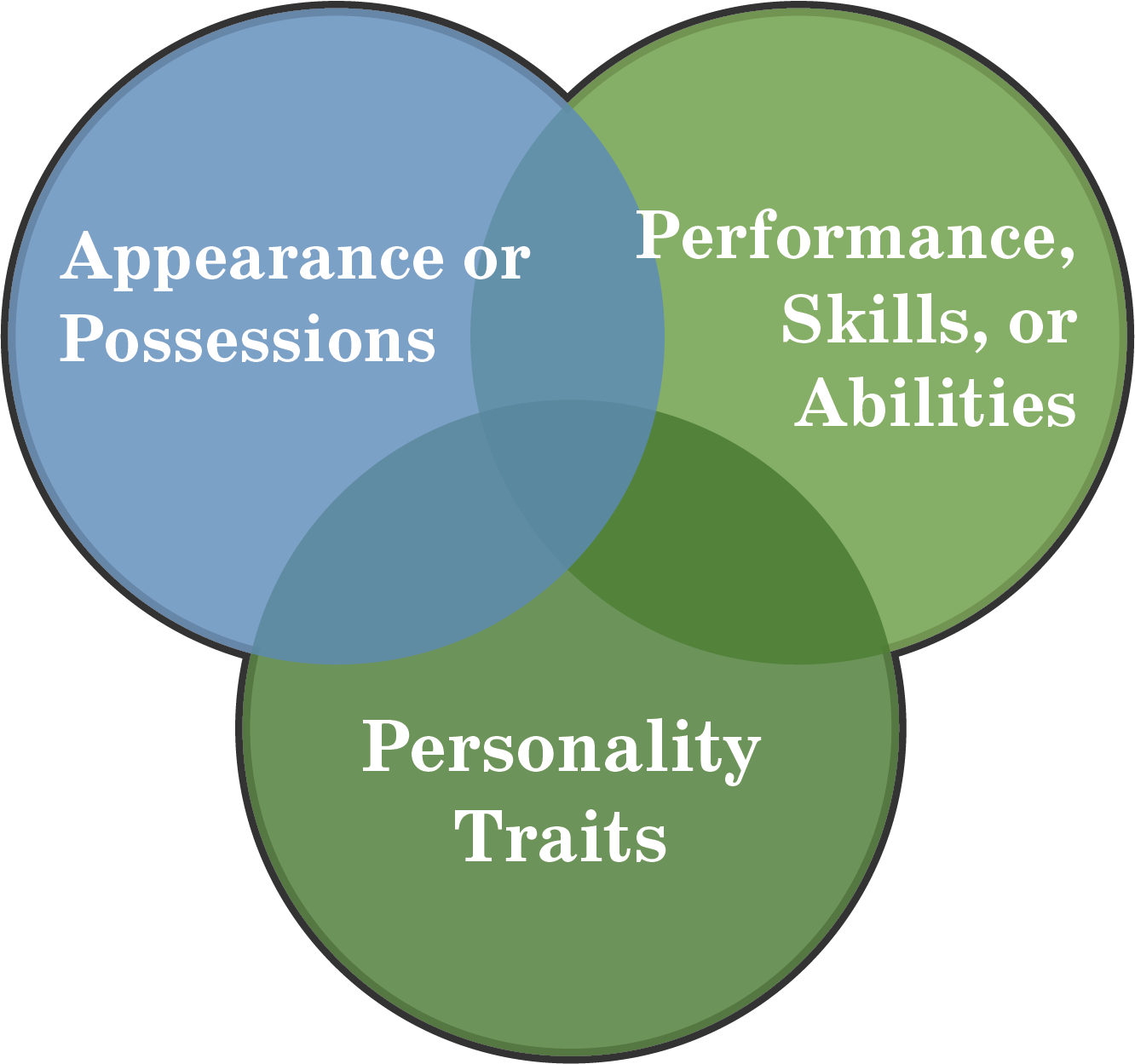
What is a compliment? It is “An expression of praise, admiration, or congratulations.”¹ Compliments are sincere expressions; compare this to flattery, which is “excessive or insincere praise.” The University of Minnesota Center for Advanced Research and Language Acquisition² identifies three categories of compliments: appearance, performance, and personality traits. They found that compliments given in the performance and personality trait category are more meaningful and impactful than those in the appearance and possession category.
What is the power of a compliment? Whether we compliment our child, another adult, or ourselves, compliments have powerful reinforcing elements, they increase positive connectedness, and they inspire motivation. A “Strengthening Families” program run by researchers at Penn State University³ includes an activity they call “compliment circles,” where participants sit in a circle and offer compliments. The researchers found that “genuine compliments build relationships, improve communication, motivate adults and children, and provide a boost of good self-esteem and self-confidence.”
But what about the articles and research claiming that too much praise is a bad thing? Well, we have to understand that compliments and praise are connecting actions between people, not building blocks of self-esteem. Self-esteem is built on the back of actions, experiences, self-reliance, and achievements. Compliments and praise might boost self-esteem but, if we look back at our circles, they are really acknowledgments of those skills and accomplishments, unique personality traits, and less importantly, to the effort, natural beauty, or privileged nature in possessions or appearance. So yes, praise intended to create or inflate self-esteem is misguided. Compliments have their place, however, providing opportunities to learn and grow, and they do create a healthy self-esteem.
Too much parental praise isn’t the problem. Constant, inflated, generalized praise, however, can be a problem. It is important to understand your motivation for giving a compliment. When parents give inflated praise they encourage a false sense of accomplishment. This can lead children to distrust of your opinions in the future and even decrease motivation. More so, it can lead to a sense of “sticker shock” when your child is evaluated in the “real world.” So, if you follow the guidelines of praise, then you can relax and give the healthy feedback that build connections, motivate, and reinforce health traits.
The most important praise is self-praise, which arises from honest self-analysis. Parents who rush in too quickly with praise fail to encourage the more important question, “How do you feel like you did on the test?” or “What do you like about your drawing?” or “How did it sound to you?” An honest self-compliment is worth ten outside compliments because the internal dialogue is always with you.
Most of us receive some sort of compliment daily—both verbally and non-verbally. We have been taught, however, to be modest, and so often we overlook, deny, or even reject compliments. We offer extenuating circumstances why something turned out great or point out negative details about the trait or event that contradict the positives. No one wants to appear conceited, and yet, accepting compliments is NOT conceited! Accepting compliments is like adding salt to food. It releases the flavor and increases the taste of life.
What is the power of a compliment? Whether we compliment our child, another adult, or ourselves, compliments have powerful reinforcing elements, they increase positive connectedness, and they inspire motivation. A “Strengthening Families” program run by researchers at Penn State University³ includes an activity they call “compliment circles,” where participants sit in a circle and offer compliments. The researchers found that “genuine compliments build relationships, improve communication, motivate adults and children, and provide a boost of good self-esteem and self-confidence.”
But what about the articles and research claiming that too much praise is a bad thing? Well, we have to understand that compliments and praise are connecting actions between people, not building blocks of self-esteem. Self-esteem is built on the back of actions, experiences, self-reliance, and achievements. Compliments and praise might boost self-esteem but, if we look back at our circles, they are really acknowledgments of those skills and accomplishments, unique personality traits, and less importantly, to the effort, natural beauty, or privileged nature in possessions or appearance. So yes, praise intended to create or inflate self-esteem is misguided. Compliments have their place, however, providing opportunities to learn and grow, and they do create a healthy self-esteem.
Too much parental praise isn’t the problem. Constant, inflated, generalized praise, however, can be a problem. It is important to understand your motivation for giving a compliment. When parents give inflated praise they encourage a false sense of accomplishment. This can lead children to distrust of your opinions in the future and even decrease motivation. More so, it can lead to a sense of “sticker shock” when your child is evaluated in the “real world.” So, if you follow the guidelines of praise, then you can relax and give the healthy feedback that build connections, motivate, and reinforce health traits.
The most important praise is self-praise, which arises from honest self-analysis. Parents who rush in too quickly with praise fail to encourage the more important question, “How do you feel like you did on the test?” or “What do you like about your drawing?” or “How did it sound to you?” An honest self-compliment is worth ten outside compliments because the internal dialogue is always with you.
Most of us receive some sort of compliment daily—both verbally and non-verbally. We have been taught, however, to be modest, and so often we overlook, deny, or even reject compliments. We offer extenuating circumstances why something turned out great or point out negative details about the trait or event that contradict the positives. No one wants to appear conceited, and yet, accepting compliments is NOT conceited! Accepting compliments is like adding salt to food. It releases the flavor and increases the taste of life.


